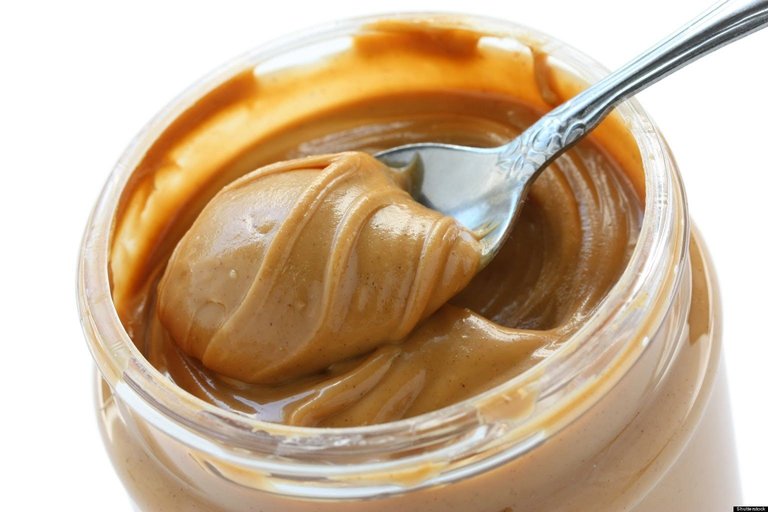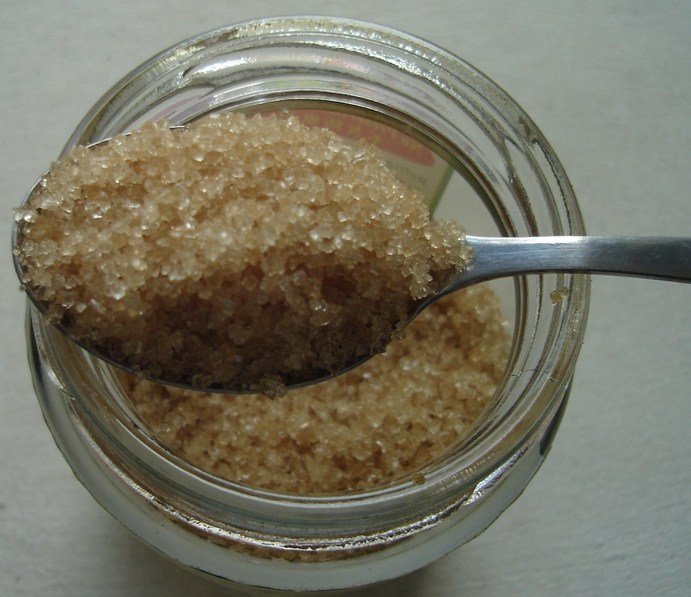Stanton Gantz told the New Your Times: "It doesn’t capture the whole picture.” Those conclusions, however, overstate the evidence, according to an article published last week in Science. “We do not claim the sugar industry had no influence on nutrition work at Harvard, nor on the field in general.” “But we believe that there is no good reason to conclude that SRF’s sponsorship of a literature review meaningfully shaped the course of dietary science and policy.” Plus, several other industry groups — like the meat and dairy industry — were also funding research at the time. “To boil it all down to the sugar industry, in our view, it doesn’t capture the whole picture,” says David Merritt Johns, a PhD candidate in the Department of Sociomedical Sciences at Columbia, and one of the authors of the Science article.

Back in the 1960s a paper was published in JAMA Internal Medicine in 2016, the research suggested the sugar industry paid scientists to hide the relationship between sugar and heart disease. This is when the government was developing nutritional guidelines and policy. Two researchers from Columbia University claim the evidence is not backed up by "Historical Evidence". The scientist go on to claim that promoting the sugar conspiracy is hindering how science investigates and proves its findings.

Back in the 1960s a paper was published in JAMA Internal Medicine in 2016, the research suggested the sugar industry paid scientists to hide the relationship between sugar and heart disease. This is when the government was developing nutritional guidelines and policy. Two researchers from Columbia University claim the evidence is not backed up by "Historical Evidence". The scientist go on to claim that promoting the sugar conspiracy is hindering how science investigates and proves its findings.
A trade Group called the Sugar Research Foundation (SRF) paid Harvard scientist to review the role of sugar and fat in relation to cardiovascular health. In 1967 a well-regarded journal dismissed the role of sugar and heart health
Instead the study firmly placed heart disease on fat consumption, in particular saturated fat. Whenever I read about how bad saturated fat is, I think of the generations of farmers in my family. From the time they were wee tots my family ate animal fat every day for 70 to 90 years and didn’t suffer from heart disease. If my farming family did die early back in the day, before prepackaged fast foods and tons of chemicals in our environment and diet, it was usually a farming accident.

A year ago the UCSF group published another paper stating that in the 1960s, the SRF stopped funding research that tied rats on a high sugar diet also had high levels of triglycerides, which are present in patients suffering heart disease. “They were able to sideline the debate over sugar and our health for decades, stated UCSF research Stanton Glantz to the New York Times.

Modern Western diet has gone from whole foods to mostly highly processed refined foods and sugar and Trans fats. Sugar, refined grains, and Trans fats have been linked to diabetes. Your poor gallbladder and pancreas are taking an awful beating when you eat high sugar foods. You liver and heart also are stressed when eating the modern diet of refined grains, high sugar, Trans fat processed, fast foods. After World War II heart disease and obesity were beginning their advance into the general public. Only rich people could afford sugar in the past before industrial sugar milling processes. The evidence wasn’t as clear back in the 1960s as it is today. When researchers looked into the cause of obesity, fat was thought to cause obesity and diabetes. At that time researchers didn’t have to list who funded their research to avoid conflict of interests.
The sugar industry back in the mid-1960s paid Mark Hegsted a Harvard researcher to review research on fat, sugar, and disease a New York Times article states. The results were published in 1967 in the New England Journal of Medicine. The review blamed saturated fats rather than sugar for the uptick in heart disease and diabetes. Whenever I read papers like this I think of cultures that lived off of animals because of the limitations of their environment. Inuit and Maasai tribes l were some of the fittest people, surviving harsh living conditions until modern food sources were introduced into their diet and developed diseases like obesity and diabetes.
The UCSF researchers found that the pro sugar review was paid for by the Sugar Research Foundation, which the New England Journal of Medicine did not disclose. The SRF picked papers that were pro-sugar. “Hegsted and his colleagues applied a double standard to their critique of the epidemiologic, experimental, and mechanistic evidence linking sugar to heart diseases, “stated Christin Kearns, assistant professor at the UCSF School of Dentistry. Hegsted had a good reputation for running clean research projects that weren’t biased. Some of his studies that didn’t agree with those who funded his research were the North American Meat Institute. Under the Regan Administration, Hegsted would be fired from his job developing the first US Dietary Guidelines because of his low-fat dietary views. Which, fits in neatly regarding saturated fat causes obesity and heart disease pro-sugar theory. Hegsted edited the Dietary Goals for the United States, which recommended in 1977 to lower sugar intake by 40% because of the link to tooth decay and diabetes.
As we all know the focus on fats causing heart disease was promoted and sugar causing diabetes and obesity was ignored. All fats were vilified, which is odd because anyone who has lived off the land knows you will die without fat! I remember reading stories of the first explorers of the Western Part of the United States Lewis and Clarke almost died because they ran out of food they liked, elk, deer, and wheat favored by Europeans. If it had not been for the kindness of natives Americans feeding the explorers dog meat, varmints like squirrel, dried berries, and fish they would of died. Without the added fat to lean wild meat they would of died. Their favorite food was fat dumplings! “ The want of bread I consider as trivial provided I get fat meat, far as to the species of meat I am not very particular. The flesh of the dog, the horse and the wolf, having from habit become equally familiar with any other, and I have learned to think that if the chord be sufficiently strong, which binds the soul and body together, it does not so much matter about the materials which compose it." Link
By the 1990s Americans had cut out fatty foods and started eating more sugar and processed foods Walter Willet, professor of epidemiology and nutrition at Harvard T.H. Chan School of Public Health has suggested that many of his colleges believe this is what started our obesity epidemic. Latest stats say at more than 70% of young adults cannot pass a military fitness test posing a national security risk. Over 40% of Americans under 40 years old are obese. Obesity costs the US an estimated 147 billion a year, reported by the CDC . Which, is great for those who treat obesity related diseases, they can pay their mortgages, however, this is horrible for the health of our nation and it’s productivity and security. Was the nutritional guidelines developed by well-intentioned people or because of greedy corporate interests? I am skeptical, I think our ill health is because of corruption not because of well-intentioned people. Reading history regarding modern medicine and corporate power, I have a right to be skeptical.
I think the majority of scientist have good intentions when they start out in the early part of their careers, however once they have gone through the brainwashing University training, find themselves faced with choices, tow the party line or you name is mud, scientist are caught between a rock and a hard place. If you want to have any kind of life you need to tow the party line.

The food industry still has overwhelming control over research funds and what is researched and the general public is paying for this with their health and the health of our future generations. Coca-cola was caught paying scientist to distract the public from the connection between sugary drinks and obesity. Associated Press wrote an article about Candy makers funding a study showing kids that eat candy actually weigh less than those who don’t.
If I read an article like that and reflect on my struggles to stay fit and healthy I would know I was being lied too. From my own experience growing up on a farm our primary food sources were what we could grow and afford to buy, which was meat, veggies, potatoes and little grain. Poor people that could grow their own food were always healthier if they didn't drink too much when compared with wealthy people in my community. I was a thin healthy person. When I started eating whatever I wanted as an adult, which was lots of sweets and booze, I became fat and my adult children experienced the same outcome.

In the real world I do not see researching funding health related research that does not profit large corporations and the government.
What can you do when faced with conflicting data? Research healthy populations that haven’t been influenced by modern day nutritional guidelines. When I eat like my ancestries and exercise like a farmer I am healthy and fit
All pictures are gotten from pixlr.com
Thanks for visiting my blogs
That looks wonderful. i would love to try it.